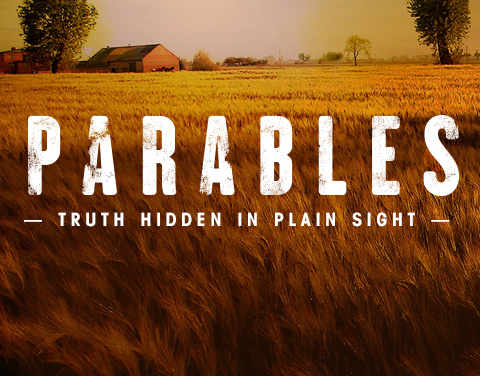Saint Mark's Gospel tells us that Jesus chose to speak in parables. Some people find that very annoying, and even a bit dishonest. Why didn't Jesus come right out and say what he meant? Why did he leave behind all these cryptic sayings, loaded with innuendo, instead of a crisp code of laws or a stack of essays with titles like "How to Be a Good Disciple," "A Brief Definition of the Kingdom of God" or "Seven Key Features of the Coming Kingdom and What This Means to You."
But no. Instead we have this cross-eyed, cryptic, incomplete, awkward, and at times seemingly absurd collection of sayings known as Jesus' parables.
All of us are in the process of writing our own gospels -- our own accounts of experiencing the Good News of the coming kingdom in our midst. Writing a gospel through the very act of living is part of being a disciple of Christ. It is why Jesus gave the power of the parable to all those listening to his words. Storytelling is one of the most basic practices common to all human communities. Stories connect us to one another, to our ancestors, to our world and to our God.
In today's Gospel text, Saint Mark notes that when Jesus spoke to the crowds around him, he "spoke the word to them, as they were able to hear it; he did not speak to them except in parables." Jesus knew that only parable power had the ability to make the Good News of the kingdom a potent reality for every listening ear.

